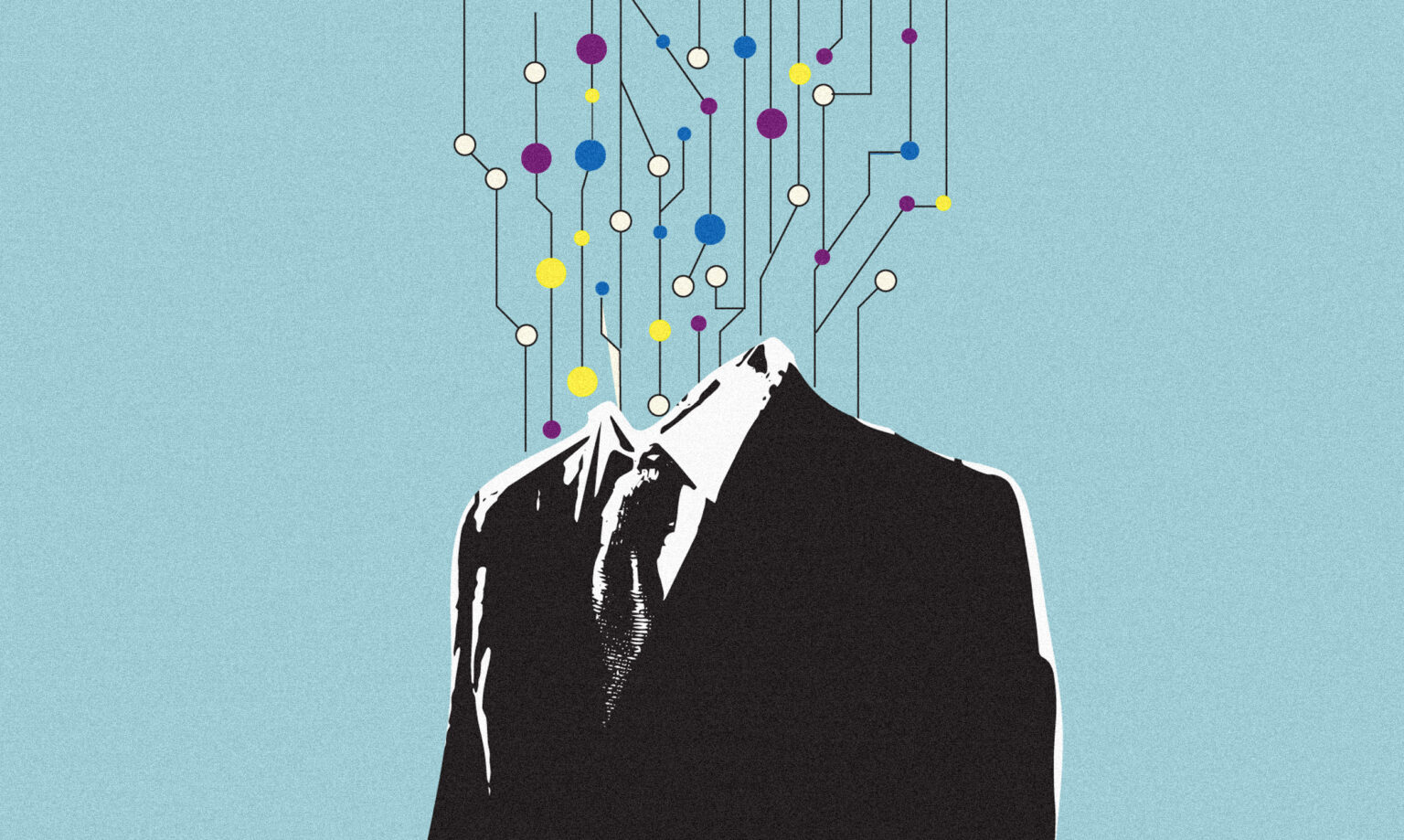AI’s Growing Influence Sparks Warnings from Corporate Leaders
San Francisco – Leading executives from some of America’s most prominent corporations are issuing stark warnings to their employees: the rise of artificial intelligence (AI) poses a significant threat to job security. As AI technology advances rapidly, top CEOs are urging their teams to brace for substantial changes in the workplace landscape.
Corporate Predictions and Strategic Shifts
From Amazon to IBM, Salesforce, and JPMorgan Chase, industry leaders are publicly acknowledging that AI will fundamentally alter employment roles. Amazon’s CEO Andy Jassy recently highlighted that AI will enhance operational aspects such as inventory management, demand prediction, and robotic efficiency. He also forecasted a reduction in Amazon’s workforce over the coming years, signaling a shift towards automation-driven productivity.
Similarly, other tech giants are vocal about AI’s transformative potential. IBM has already begun replacing hundreds of human resources staff with AI-powered systems for routine tasks like onboarding and scheduling. Meta’s CEO Mark Zuckerberg has indicated that by the end of this year, AI could be capable of performing tasks traditionally handled by human engineers, including code development.
Impacts on Employment and Industry Dynamics
While current data does not show widespread layoffs directly attributable to AI, there is a clear trend of increasing AI integration into various job functions. Roles in programming, marketing, and customer service are experiencing notable shifts, with AI tools streamlining processes and augmenting human effort. For instance, a recent Gallup poll revealed that 8% of American workers now use AI daily, doubling the figure from just a year ago. Additionally, 19% report using AI at least weekly, indicating a significant uptick in adoption.
Experts suggest that AI’s influence may be more subtle than outright job elimination. Instead, it could lead to a redefinition of roles, with some tasks becoming obsolete while others evolve to require new skills. For example, AI-generated code is now responsible for over 25% of new software at Google, illustrating how automation is reshaping technical workflows.
Leadership Perspectives and Industry Responses
Despite optimistic claims about AI’s productivity benefits, some industry leaders remain cautious. Jensen Huang, CEO of Nvidia, emphasizes that workers won’t lose jobs directly to AI but rather to colleagues who leverage AI tools more effectively. Meanwhile, Google’s Pichai suggests that AI will boost engineers’ productivity, even as the company continues to hire additional staff.
Contrasting these views, Microsoft is reportedly planning further layoffs despite heavy investments in AI development, highlighting the complex relationship between automation and employment. Companies like Shopify, Duolingo, and Box are integrating AI into daily workflows, with some monitoring usage as part of performance evaluations.
Potential for Hiring Slowdowns and Economic Effects
Some corporate leaders have hinted that AI could temper hiring efforts. Salesforce’s CEO Marc Benioff dismissed exaggerated fears about AI causing mass layoffs but acknowledged that AI-driven efficiencies have already resulted in significant cost savings, including a $50 million reduction in hiring needs.
Economists, however, remain cautious. Professor Laura Veldkamp of Columbia Business School notes that there is limited evidence of broad layoffs directly linked to AI so far. Instead, she suggests that the real disruption might come from new entrants with AI-centric business models disrupting existing markets.
AI Adoption and Workforce Transformation
As AI tools become more prevalent, their impact on specific job categories is becoming clearer. For example, AI-assisted coding tools have become standard in tech companies, with Google’s Pichai estimating that over a quarter of new code is initially suggested by AI. Workers across sectors are increasingly turning to AI for tasks like marketing, research, and customer support, often without formal company policies guiding their use.
However, the true value derived from AI remains uncertain. Arvind Karunakaran from Stanford University emphasizes that increased usage does not automatically translate into higher productivity or better outcomes. Similarly, Lynda Gratton of London Business School points out that predicted productivity gains of up to 30% have yet to materialize, and it remains unclear whether these improvements will come from cost reductions or enhanced human performance.
The Future of AI and Employment: A Balanced Outlook
Looking ahead, experts like Ethan Mollick from Wharton suggest that AI’s adoption will accelerate as more companies deploy advanced AI agents capable of automating complex tasks. The next year or so could prove pivotal in determining how disruptive these technologies will be to traditional employment structures.
Ultimately, many analysts agree that the future of work in the age of AI will likely involve a mix of job displacement and new opportunities. As Mollick succinctly puts it, “The reality probably lies somewhere in between.” A wave of transformation is inevitable, but its precise impact remains to be seen.

